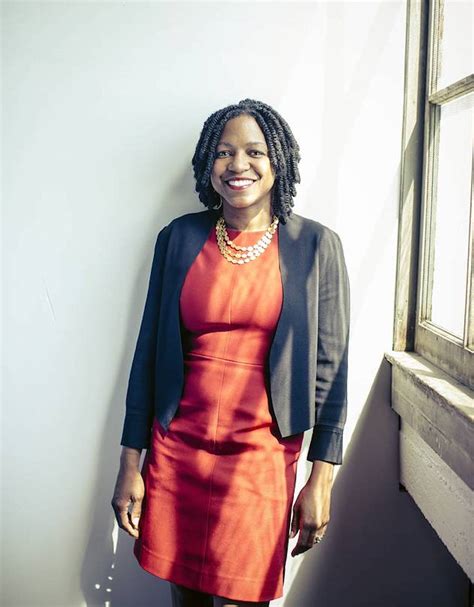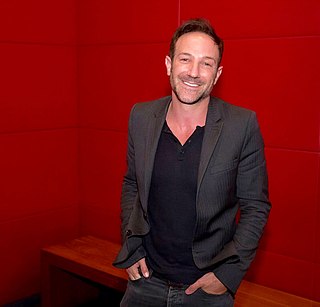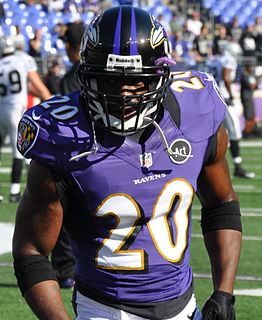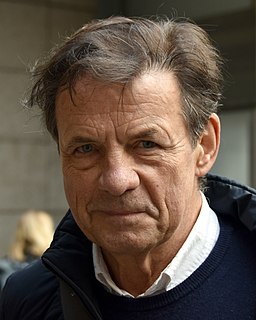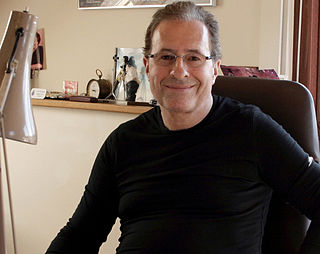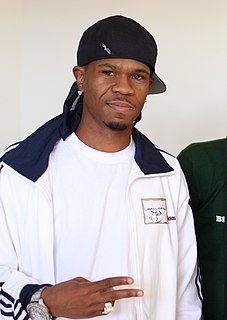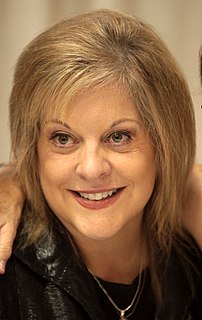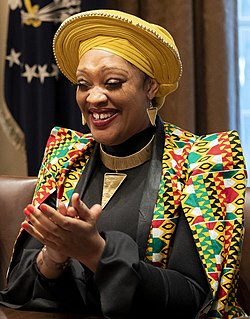A Quote by Stacy Brown-Philpot
I know what it's like to be afraid of the police. When you see a police officer, you don't immediately feel safe. You wonder what you've done wrong and what could happen to you.
Related Quotes
Let's say you are driving in the U.K., and you are pulled over by the police for speeding, and you try to bribe the police officer with £300 to walk away. I guarantee you that at least 99 times out of 100 you are going end up in handcuffs, and you will be charged with the crime of trying to bribe a police officer.
I have a former Baltimore City police officer's uniform and his robe and hood. He was the grand dragon, which means state leader. His day job, what paid his bills, he was a Baltimore City police officer, not an undercover officer in the Klan gathering intelligence, but a bona fide Klansmen on the Baltimore City police force.
The duties which a police officer owes to the state are of a most exacting nature. No one is compelled to choose the profession ofa police officer, but having chosen it, everyone is obliged to live up to the standard of its requirements. To join in that high enterprise means the surrender of much individual freedom.
